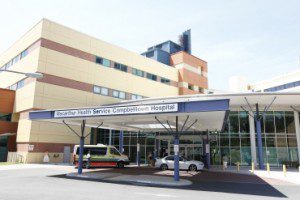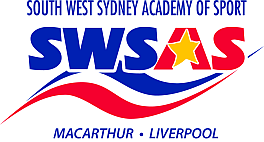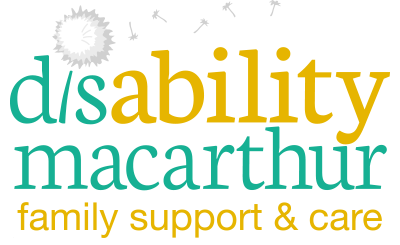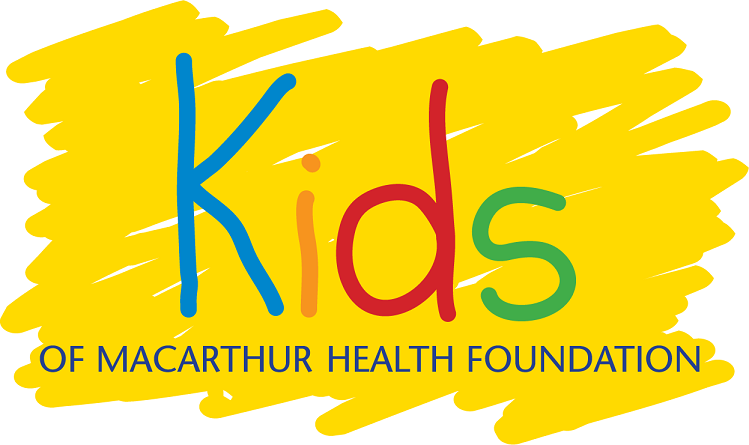
There are two critical things to remember about stroke, say local health professionals.
Ignoring any warning signs can be fatal, that’s the first.
The second is a positive note: stroke can be prevented.
The advice is part of the annual Stroke Week awareness campaign, which started on Monday and finishes this Saturday, September 20.
South Western Sydney Local Health District (SWSLHD) is encouraging people to be aware of how to recognise stroke and what to do, to live healthy and get regular health checks.
“While the consequences of ignoring the warning signs can be deadly, it’s important to remember that stroke can be prevented,” says SWSLHD’s stroke clinical nurse consultant Angela Firtko.
In association with National Stroke Foundation (NSF), the local health district is encouraging people to choose an activity which best suits them in a bid to live a healthier life.
“Most of the time, symptoms develop suddenly and without warning which is why we’re urging people to be proactive and reduce their stroke risk factors,’’ Ms Firtko said.
“In treating stroke, quick diagnosis and treatment can save lives and reduce the impact of stroke both physically and emotionally,” she said.
Ms Firtko said Stroke Week was all about bringing people together to encourage healthy living and regular health checks.
“One in six people will have a stroke and behind these figures are mums, dads, brothers and sisters,’’ Ms Firtko said.
[social_quote duplicate=”no” align=”default”]“No one is immune to stroke so it is important to be physically active and avoid excessive alcohol consumption.[/social_quote]
“Patients should have awareness of their numbers such as blood pressure and cholesterol, blood sugar level.’’
Bankstown-Lidcombe, Liverpool and Campbelltown Hospitals are accredited as specialist 24/7 Acute Stroke Thrombolysis Centres with Fairfield and Bowral patient’s having access to these services if required.
“If the stroke is caused by a blood clot, a clot-busting drug may be given to dissolve the clot.
“The sooner this treatment is started, the better chance of a positive outcome, especially if the medication is started within 4.5 hours from the onset of symptoms.
Ms Firtko said the main aim of post stroke treatment is to help the patient recover as much as possible and prevent future strokes.
“Recovery from your stroke will begin while you are still in the hospital or at a rehabilitation centre and will usually continue when you are discharged,” she said.
For more information visit the Stroke Foundation website.



